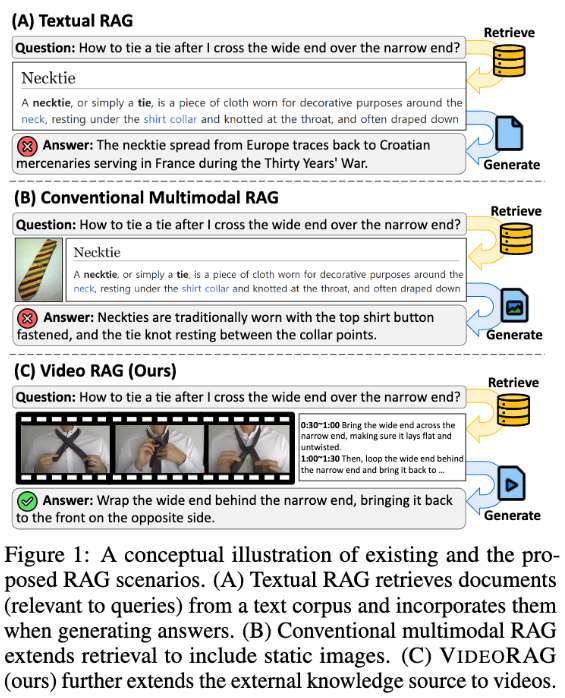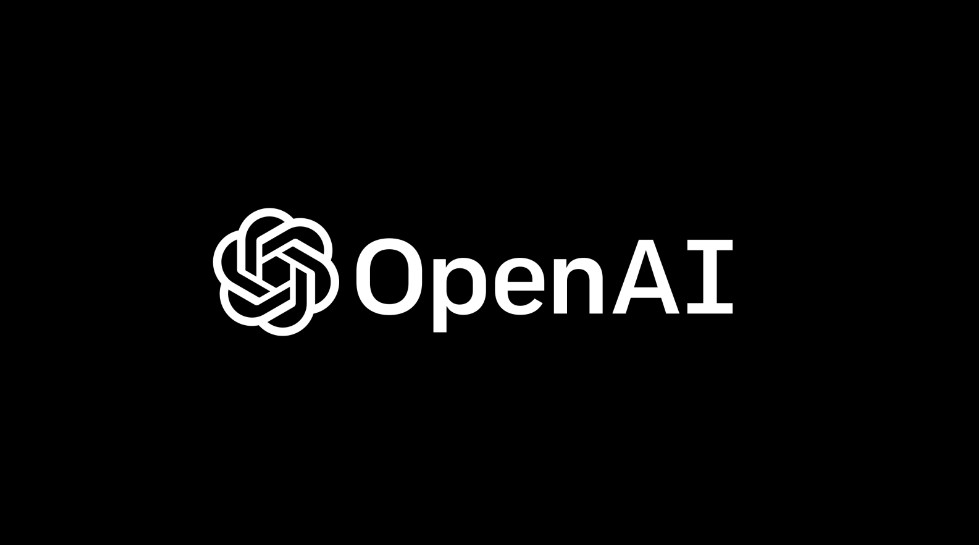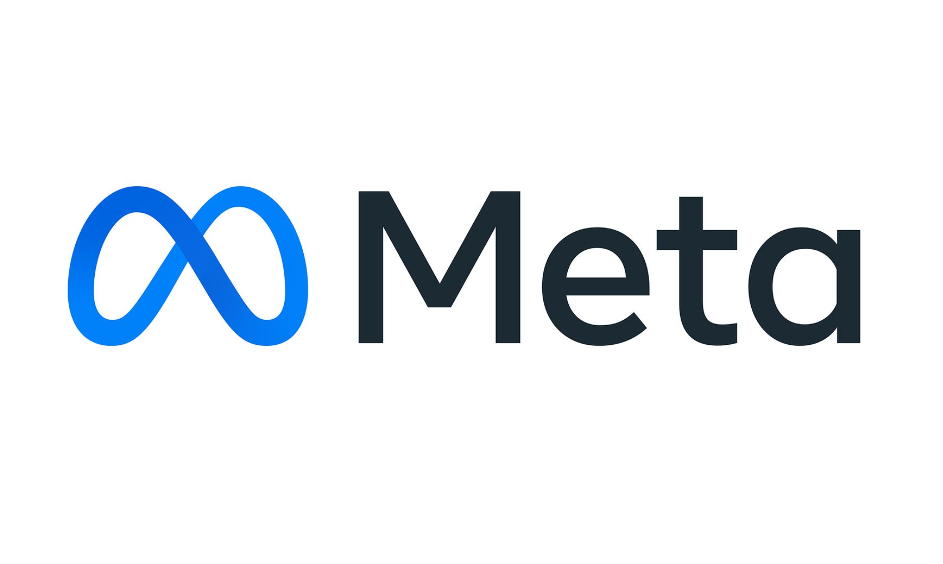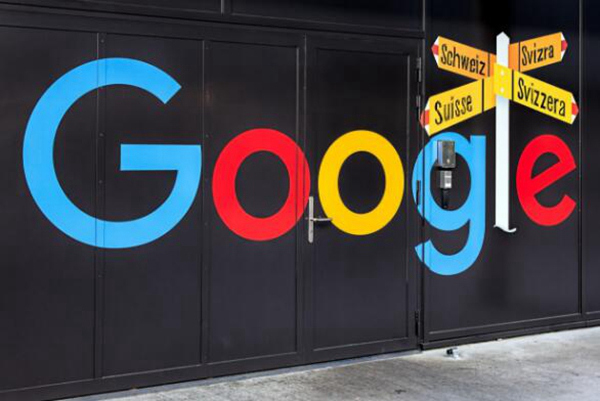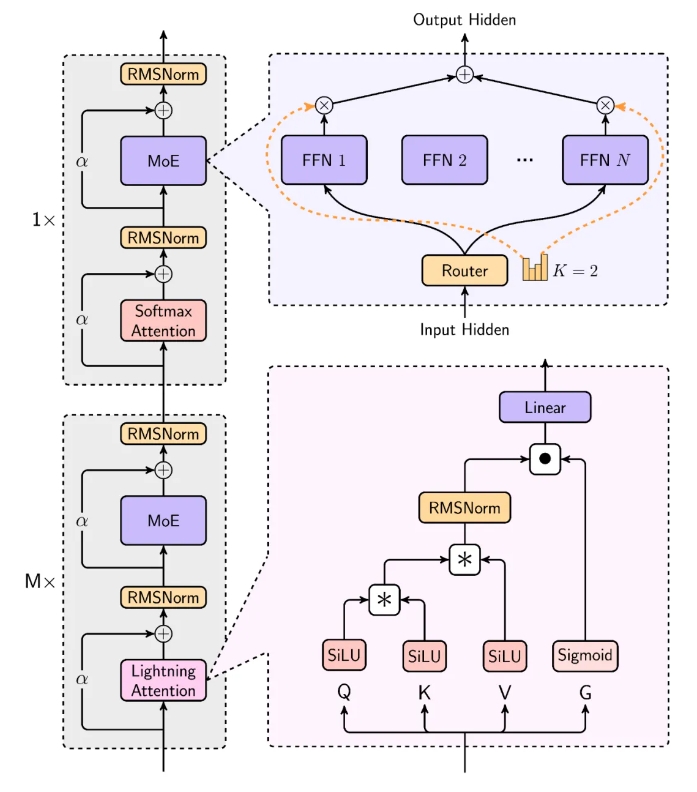As the British government reiterates its vision to become an AI superpower, US data center operator CoreWeave announced the construction of two new GPU data centers in the UK. The two data centers, located in Crawley and London Docks respectively, were developed in partnership with digital real estate companies Digital Realty and Global Switch. The total investment reaches 1 billion pounds (approximately 1.2 billion US dollars), marking CoreWeave's further expansion in the British market.
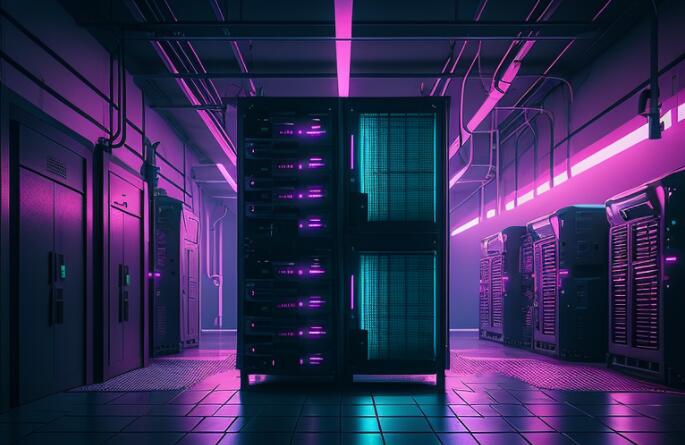
Mike Matakora, chief commercial officer at CoreWeave, said: "The UK is an important market for CoreWeave, where we have our European headquarters and plan to expand further in the future. We are delighted to be working with Digital Realty and Global Switch to provide UK provides next-generation AI infrastructure.” However, despite the completion of new facilities, Nvidia’s latest chips are not yet in use. These new data centers are equipped with H200 accelerators based on Nvidia's older Hopper architecture, and Nvidia's latest Blackwell chips are not expected to be available until the fourth quarter of 2024.
The H200 is one of Nvidia's most advanced GPUs in the Hopper generation, equipped with up to 141GB of HBM3e high-speed memory, with 4.8TB per second of memory bandwidth and nearly 4 petaFLOPS of sparse FP8 performance. According to CoreWeave, with more than 1TB of high-speed memory configurations per server, these data centers are better able to support the growing number of cutting-edge AI models.
For example, a single H200 system can now run Meta's latest Llama3.1405B model with full 16-bit precision, whereas running the model previously required spreading it across two nodes or using 8-bit quantization to run on an H100 system. While CoreWeave has not disclosed the exact number of GPUs in its Crawley and London Dock data centers, its past deployments have typically involved more than 10,000 accelerators.
The two data centers are the latest in a massive expansion by CoreWeave over the past two years, reflecting its ambitions to enter new markets. In the spring of last year, CoreWeave announced that it would make London its European headquarters and make an initial investment of 1 billion pounds. Subsequently, at the International Investment Summit, the company’s investment amount was increased to 1.75 billion pounds (approximately 2.1 billion U.S. dollars).
During this wave of AI craze, CoreWeave has received billions of dollars in venture capital and debt financing, and plans to launch 10 more data centers by the end of 2025. Currently, CoreWeave operates 28 data centers worldwide.
At the same time, the British government is also stepping up its plans to become an AI superpower. Recently, the country released an AI Opportunity Action Plan, committing to adopt 50 recommendations from venture capitalists with a view to increasing productivity by 1.5% per year through AI. This strategy is expected to create 47 billion pounds (approximately US$57 billion) per year. Economic benefits. Despite ambitious targets, National Grid's chief executive has warned that supporting additional AI infrastructure could put pressure on the grid.
AI courses are suitable for people who are interested in artificial intelligence technology, including but not limited to students, engineers, data scientists, developers, and professionals in AI technology.
The course content ranges from basic to advanced. Beginners can choose basic courses and gradually go into more complex algorithms and applications.
Learning AI requires a certain mathematical foundation (such as linear algebra, probability theory, calculus, etc.), as well as programming knowledge (Python is the most commonly used programming language).
You will learn the core concepts and technologies in the fields of natural language processing, computer vision, data analysis, and master the use of AI tools and frameworks for practical development.
You can work as a data scientist, machine learning engineer, AI researcher, or apply AI technology to innovate in all walks of life.
